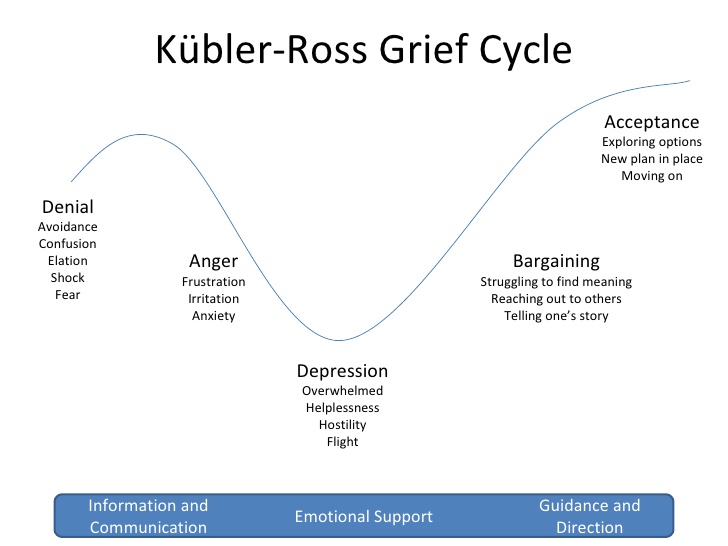As an update to this article, I believe that the COVID-19 pandemic has meant that our reliance on the internet has exacerbated exponentially as people have had to transition to working, learning and socialising through screens. The costs of this have been widespread mental health difficulties, chronic loneliness and horrendous exemplifiers of how institutional disadvantage (Douglas, Katikireddi, Taulbut, McKee, & McCartney, 2020) means that UK citizens have had a myriad of experiences of lockdown that vary from waiting for the weekly Ocado delivery whilst working in the garden office, to less fortunate people who single-handedly homeschooled several children for months on end whilst effectively imprisoned in a one-bedroom flat in an inner-city tower block – June 2021
I decided to write a blog on this subject after two very separate items in the media that appear to be underpinned by a similar phenomena. The first story concerns a new technological concept that essentially allows us to observe our elderly relatives over an internet camera link by using an app on a smartphone. The second was a article from the department of education who have launched a campaign based on research of 2,685 parents in 2017, their findings claimed that only 51 per cent were helping their under-fives learn the alphabet or recognise words once a day or more Department of Education – Chat, Play and Read. Even though both stories tackle social issues that affect individuals on the polar extremes of the human life cycle continuum, the common factor is the rise in use of technological communications and online social interaction.

Addressing the first issue, the use of the ‘Hive Link’ app allows people to be constantly connected to elderly relatives or friends who are in their care, yet live independently. On first glance the app feels a useful tool that allows busy people to be virtually available to their loved ones, it also uses AI algorithms to learn their daily routine and issues alerts if the person is overtly sedentary or unresponsive, indicated by triggers such as a lack of motion or the morning kettle not being switched on. This allows early assistance to be sent as a precautionary measure based upon signs of the person falling ill or needing medical attention. For strokes, heart conditions and similar afflictions, this rapid response can be the difference between life and death. It also allows elderly relatives to remain in their own homes for longer, rather than having to be moved to assisted living or a shared residence.
In essence, it is difficult to make a case to be critical of this type of friendly technology that gives carers peace of mind, whilst simultaneously affording the elderly autonomy with privacy and personal risk management. However, with more exploration, as with most aspects of technology and the internet, there are inherent problems. The main one of these is the well documented issue of loneliness within the elderly, with a 2015 systematic review by Age UK claiming that 1 million of our aged parents, grandparents and friends feel permanently or periodically lonely, with half of these feeling pets or the television are their primary form of company. The same research associates loneliness to both physical and mental health deterioration, doubles the risk of Alzheimer’s disease, causes chronic depression, increases reliance on alcohol and exacerbates the suicide rate.
Only 46% of people 65 and over said they spent time together with their family on most or every day, compared to 65-76% for other ages. 12% of people 65 and over said they never spent time with their family
Davidson and Rossall, 2015
My thoughts are that these type of apps do allow us to be virtual supervisors of our older generations, yet they also give us a huge opportunity to simply assume that because the person appears safe, they are also happy. So, rather than popping round with the grandkids for an hour or dropping by for a chat over a cup of tea, we simply assuage our residual guilt by convincing ourselves that they are happily existing, based on limited evidence of well-being that is assumed from the boiling of kettles and television channels being changed. It is easy to extrapolate that wide use of this type of technology will change that 12% to much higher figures, as it is a lot easier to swipe through ‘GrannyCam’ on the daily train commute, than it is to make time to visit her that evening after work.

The second issue to be considered is the report from the DofE that feels that parents need support in understanding the value of spending time narrating the world to children, as well as formalised reading time. The report suggests that around half of children do not get daily reading time with a parent; leading to reduced language abilities, delayed cognition, lack of attunement and difficulty recognising and regulating emotions . As reading is not just about providing an educational bedrock, it also acts as a fundamental link to how a child interprets and learns about the world around them. Donald Winnicott (1957), profoundly wrote how the role of the mother is to show, explain and interpret the external world to the child. My thoughts are that the reasons for the decline of this practice are complex and varied; with issues such as social conditioning and austerity that encourages both parents into full time work, feminism empowering women’s workplace access, the devaluing of the parenting role, increases in family breakdown leading to lone parenting and people just becoming busier. All of these are significant contributors to lowering the numbers of parents dedicating themselves to the full time raising of children. I regularly get parents in my treatment room who complain that the demands of modern life, especially work commitments mean that just getting home before children have to be in bed is difficult and that the list of domestic and professional tasks they have to then complete are never ending.

These social challenge are further compounded by our obsession with social media, as well as being constantly available online to employers, making the demarcation of work and life boundaries increasingly blurred. I think that we are incredibly unaware of just how much our smart devices dominate our attentional sphere. I often see young mothers walking with prams, completely oblivious to their children’s desperate attempts to interact by pointing, gesturing and cooing at them. Similarly, I hear of corporate parents tuning out to children because their phones are alerting them to the needs of their transatlantic clients as the stock market in America wakes from its slumber. Seminal research by (Bowlby, 1969) and numerous others have shown that children need an active, consistent, predicable and empathetic response from caregivers to enable them to form meaningful attachments and develop functional social identities. They crave parental input and their behaviour amplifies and becomes maladaptive when their cues are not met with reciprocal behaviour. Weinberg and Tronick (1996) shows compelling evidence of how just briefly ignoring a child’s attention needing cues results in rapid behavioural change and then leads to anger, shame and disappointment Tronick’s still face demonstration.
If this happens enough contemporary attachment research (Crittendon 2016) has shown that children can develop increasingly extreme behavioural strategies that are often interpreted as diagnoses such as ADHD, as well as leading to withdrawal, dysfunctional mental health , lack of affect regulation, poor social adjustment and the sad outcome of simply giving up trying to engage (Fearon et al., 2010, Schore, 2001). The policy implementation of the DofE may seem to some like an ever creeping advance of the ‘Nanny State’, but it does highlight that parents are often choosing not to to allocate their time having interactive and immersive experiences with their children, and in my opinion this choice is partly influenced by the seductive and authoritarian nature of our digital devices. It may also simply be that younger parents are not realising the value and crucialness of non-digital relationships to infants; as the online world has become normalised as the preferred mode of modern communication. Recent research (Kildare and Middlemiss, 2017) has published the following findings that they have associated to parents prioritising technology over attending their children:
Distracted parents are less responsive and sensitive to their children.
Enhanced mobile connectivity can distract parents from parent-child interactions.
Children engage in risky behaviours while attempting to regain parental attention.
Distracted parenting could be linked to increasing childhood injuries.
Managing device use is complex and contributes to family conflict.
Kildare and Middlemiss, 2017
These are worrying symptoms of being so disengaged and I become further concerned when we consider the meteoric rise and reliance to digital communication that has captured us all. From an evolutionary perspective, I feel that for thousands of years humans have thrived on face to face contact, empathetic response, subtle interpretations of emotional states and physical interaction (Crosier et al., 2012). In the last decade, this has radically shifted to us employing apps to emulate company to our elderly, and on the other end of the spectrum the digital revolution has turned us into parents who feel their children will simply google how to achieve sentience and individuation , rather than having us assisting them with their love affair with the world. Our cognition and psychological schemas have developed to be receptive to ‘actual’ social contact and I wonder if by transferring our lives into a virtual environment will have detrimental effects for generations, as we struggle to acclimatise our psychology to cultural paradigm changes. In the same way that physiologically, our bodies interpret crash dieting as famine and as a result activates metabolic fat storage as a survival mechanism, rather than understand that we are trying to lose a few pounds to fit into a wedding outfit. Will our brains interpret the reduction in physical interaction that have been superseded by our digital relationships as social deprivation, leading to depression, anxiety and unhappiness?

As I was writing this article, my concerns were once again piqued, as a news article informed me that Facebook are implementing code to prevent us inviting dead friends to events and sending them birthday greetings. This sums up the vacuous nature of the digital world, when a computer system has to take responsibility for us not inviting our deceased ‘friend’ to a birthday celebration. In a slightly trite analogy, can you imagine how absurd it would be leaving a event invitation next to a passed acquaintances gravestone? For me, this represents the loneliness and disconnection that a virtual life has the potential to immerse us in. Behaviour and evolutionary psychological adaptation takes generations to accommodate any environmental shifts, and I feel that the two discussed examples of the human condition being transformed into binary internet coding could be what future scholars look back on as the ‘Dark Ages of the Internet’.
REFERENCES
BOWLBY, J. 1969. Attachment and Loss: Vol. 1: Attachment by John Bowlby Basic Books.
CRITTENDEN, P. M. 2013. Raising parents: Attachment, parenting and child safety, Routledge.
CROSIER, B. S., WEBSTER, G. D. & DILLON, H. M. 2012. Wired to Connect: Evolutionary Psychology and Social Networks. 16, 230-239.
DAVIDSON, S. ROSSALL, P. 2015. Evidence Review: Loneliness in Later Life. Age UK.
DOUGLAS, M., KATIKRIREDDI, S.V., TAULBUT, M., MCKEE, M. and McCARTNEY, G., 2020. Mitigating the wider health effects of covid-19 pandemic response. Bmj, 369.
FEARON, R. P., BAKERMANS-KRANENBURG, M. J., VAN IJZENDOORN, M. H., LAPSLEY, A.-M. & ROISMAN, G. I. 2010. The Significance of Insecure Attachment and Disorganization in the Development of Children’s Externalizing Behavior: A Meta-Analytic Study. 81, 435-456.
KILDARE, C. & MIDDLEMISS, W. 2017. Impact of Parents Mobile Device Use on Parent-Child Interaction: A Literature Review.
SCHORE, A. N. 2001. Effects of a secure attachment relationship on right brain development, affect regulation, and infant mental health. Journal of Infant Mental Health 22, 7-66.
WEINBERG, M. K. & TRONICK, E. Z. 1996. Infant affective reactions to the resumption of maternal interaction after the still‐face. Journal of Child Development, 67, 905-914.
WINNICOTT, D. W. 1957. The Child and the Outside world: Studies in Developing Relationships, London, Tavistock.



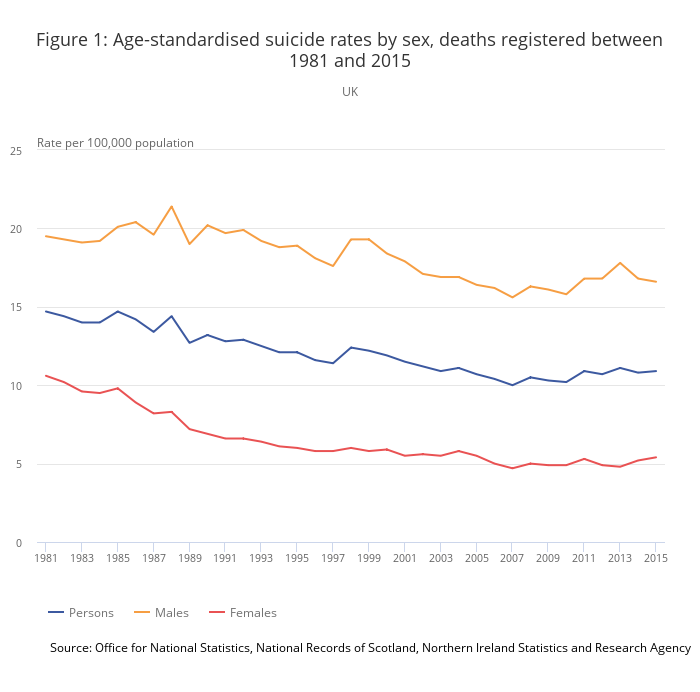
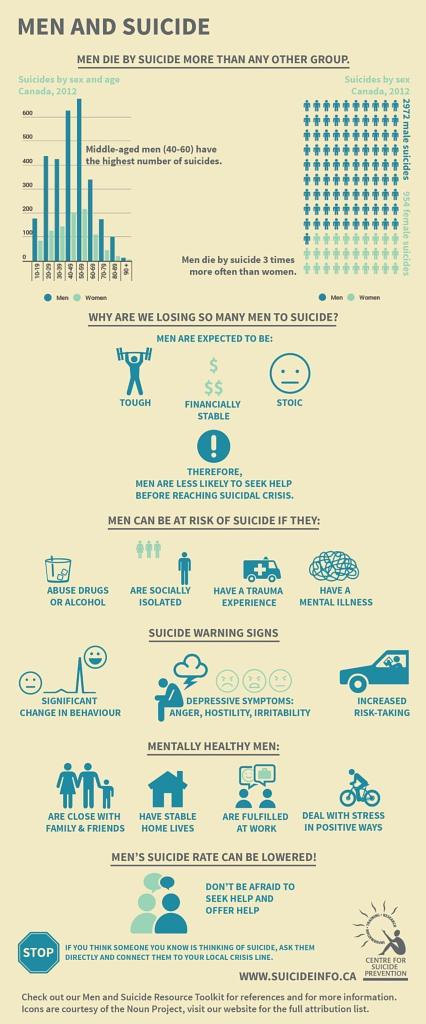

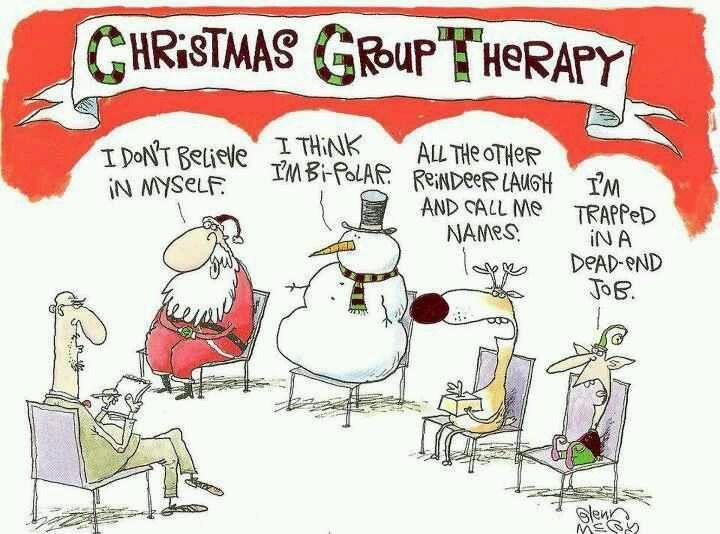
 There is an idea in family therapy that we either recreate or correct significant scripts that we have lived through (Byng‐Hall, 1985), a concept that goes some way to explain how people use their childhood version of Christmas as a prototype that they either reconfigure or imitate when they plan their own festive ritual. My observation was that even when people were incredibly excited by Christmas, this was often a veneer that hid an underlying anxiety that they had to create an impossibly magical experience. This is a problematic expectation, mainly because every ‘perfect’ Christmas has to be improved upon. In a similar fashion to capitalism’s infinite growth model, the success of one Christmas inadvertently initiates a challenge that demands that next year’s event is even better, creating incredible stress which is often shouldered by a single member of the family (Fischer and Arnold, 1990). Many people describe how they can feel unsupported at Christmas as other family members just turn up on the day and gorge themselves on food and drink before passing out in front of the television. This is a stark contrast to the experience of the unfortunate person involuntarily appointed at the start of December to provide a month’s worth of unpaid labour as a gift wrapper, stock taker, chef and server. So, do spare a thought of how we can all contribute a little bit and share the work, as many arguments are started when the one person doing all the organising finally protests. Unfortunately, this is typically in a fiery and aggressive expression over a minor transgression in a board game after a few too many alcoholic drinks…
There is an idea in family therapy that we either recreate or correct significant scripts that we have lived through (Byng‐Hall, 1985), a concept that goes some way to explain how people use their childhood version of Christmas as a prototype that they either reconfigure or imitate when they plan their own festive ritual. My observation was that even when people were incredibly excited by Christmas, this was often a veneer that hid an underlying anxiety that they had to create an impossibly magical experience. This is a problematic expectation, mainly because every ‘perfect’ Christmas has to be improved upon. In a similar fashion to capitalism’s infinite growth model, the success of one Christmas inadvertently initiates a challenge that demands that next year’s event is even better, creating incredible stress which is often shouldered by a single member of the family (Fischer and Arnold, 1990). Many people describe how they can feel unsupported at Christmas as other family members just turn up on the day and gorge themselves on food and drink before passing out in front of the television. This is a stark contrast to the experience of the unfortunate person involuntarily appointed at the start of December to provide a month’s worth of unpaid labour as a gift wrapper, stock taker, chef and server. So, do spare a thought of how we can all contribute a little bit and share the work, as many arguments are started when the one person doing all the organising finally protests. Unfortunately, this is typically in a fiery and aggressive expression over a minor transgression in a board game after a few too many alcoholic drinks…
 However, this also can be problematic as children feel envious of friends from more affluent backgrounds who seem to be favoured by Santa by him showering them with more or better quality gifts. The popular discourse of being a good boy or girl is then activated, as it’s a fairly logical inference that if I haven’t received what I asked for, this must be due that I am not good enough, or that Father Christmas likes the other children better. This discourse is also regularly used as a disciplinary device when parents effectively threaten children that if they misbehave, then they could contact Lapland and cancel their order. Children can become highly distressed and even fearful when these type of threats are used, even when they are genuine attempt to manage difficult behaviour. Coercion is always a risky strategy to use with our children, as consequences can be anxiety, activation of the flight or fight reflex and power struggles (Crittenden, 2016). It is also well evidenced that prolonged use of coercive strategies can impact psychological well-being and lead to the attachment between parents and children becoming disrupted and characterised with mistrust and hostility (Morris et al., 2002). So, my advice is to be careful with threats as they can easily be misattributed and can trigger feelings of abandonment, self deformation or lessen emotional safety.
However, this also can be problematic as children feel envious of friends from more affluent backgrounds who seem to be favoured by Santa by him showering them with more or better quality gifts. The popular discourse of being a good boy or girl is then activated, as it’s a fairly logical inference that if I haven’t received what I asked for, this must be due that I am not good enough, or that Father Christmas likes the other children better. This discourse is also regularly used as a disciplinary device when parents effectively threaten children that if they misbehave, then they could contact Lapland and cancel their order. Children can become highly distressed and even fearful when these type of threats are used, even when they are genuine attempt to manage difficult behaviour. Coercion is always a risky strategy to use with our children, as consequences can be anxiety, activation of the flight or fight reflex and power struggles (Crittenden, 2016). It is also well evidenced that prolonged use of coercive strategies can impact psychological well-being and lead to the attachment between parents and children becoming disrupted and characterised with mistrust and hostility (Morris et al., 2002). So, my advice is to be careful with threats as they can easily be misattributed and can trigger feelings of abandonment, self deformation or lessen emotional safety.

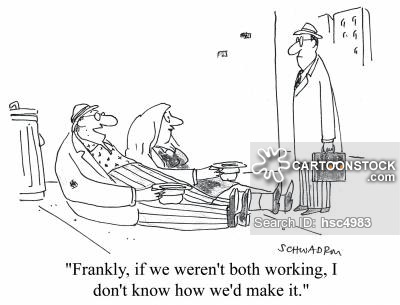
 Paul Verhaeghe wrote a fantastic and prophetic commentary in 2014 about
Paul Verhaeghe wrote a fantastic and prophetic commentary in 2014 about 



 The final issue that many men complain of is the side effects. Reading the information leaflet that comes with medication can easily induce terror, as side effects can be physical symptoms such as cramps, yawning and nausea, or further mental health issues such as paranoia and anxiety. Many men often suffer libido loss and erection problems, especially on popular SSRI (Selective Serotonin Reuptake Inhibitors) such as Citalopram and Sertraline. This can impact the very essence of masculinity and heighten feelings of being a failure who is unable to perform. I have had couples who have reported that they ceased sex after taking medication, leading struggling relationships to have further losses of intimacy and causing partners to blame themselves or each other for why they cannot have intercourse. Another paradox, as even though the medication can elevate mood, the crumbling relationship can counteract this effect and cause relapse as marital tension rises.
The final issue that many men complain of is the side effects. Reading the information leaflet that comes with medication can easily induce terror, as side effects can be physical symptoms such as cramps, yawning and nausea, or further mental health issues such as paranoia and anxiety. Many men often suffer libido loss and erection problems, especially on popular SSRI (Selective Serotonin Reuptake Inhibitors) such as Citalopram and Sertraline. This can impact the very essence of masculinity and heighten feelings of being a failure who is unable to perform. I have had couples who have reported that they ceased sex after taking medication, leading struggling relationships to have further losses of intimacy and causing partners to blame themselves or each other for why they cannot have intercourse. Another paradox, as even though the medication can elevate mood, the crumbling relationship can counteract this effect and cause relapse as marital tension rises.
